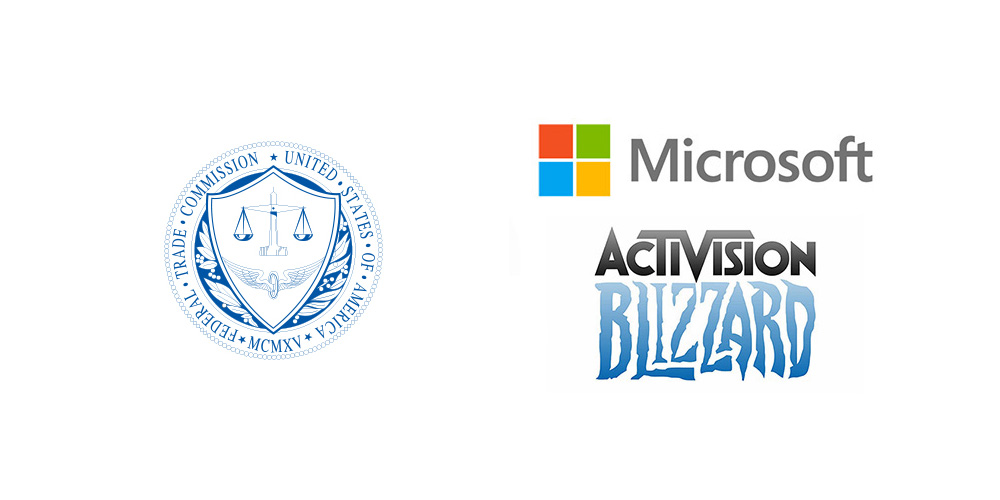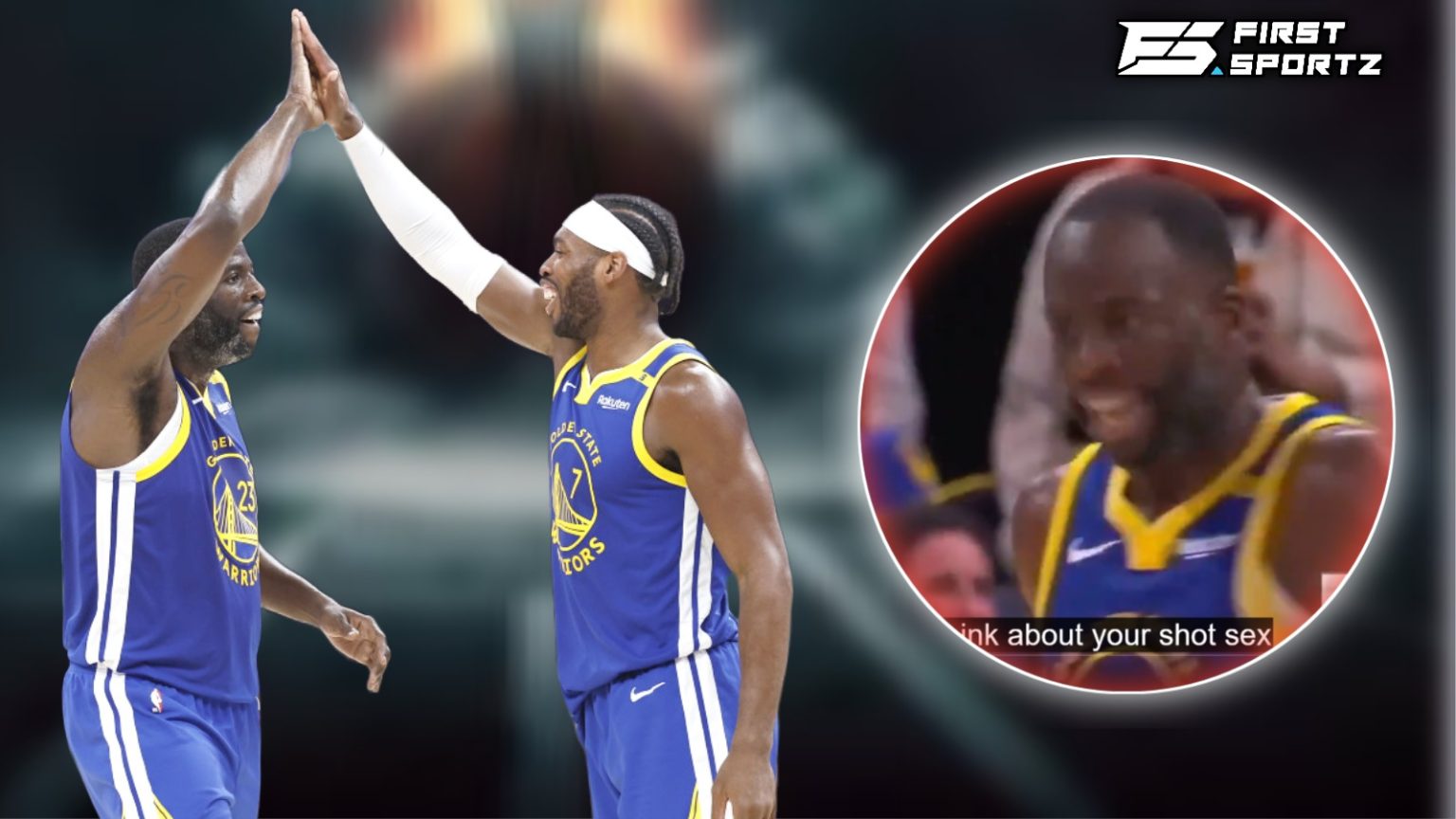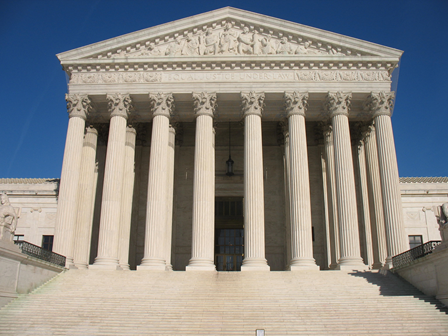FTC Challenges Microsoft's Activision Blizzard Buyout

Table of Contents
The FTC's Concerns Regarding Anti-Competitive Practices
The FTC's primary argument hinges on the assertion that the Microsoft Activision Blizzard acquisition would create an unfair monopoly, stifling competition and harming consumers. Their complaint highlights several key anti-competitive concerns:
-
Call of Duty Exclusivity: The FTC fears Microsoft might make popular Activision Blizzard titles, most notably Call of Duty, exclusive to the Xbox ecosystem. This would severely disadvantage PlayStation and other gaming platforms, potentially driving gamers towards Xbox and harming competition. This Call of Duty exclusivity concern is a central point of contention.
-
Reduced Innovation and Choice: Less competition often leads to reduced innovation. The FTC argues that a merged Microsoft-Activision Blizzard entity would have less incentive to innovate and offer diverse gaming experiences, ultimately limiting consumer choice.
-
Increased Prices: A lack of competition frequently results in higher prices for consumers. The FTC suggests the merger could lead to increased prices for games, consoles, and potentially even game subscription services.
-
Suppression of Competing Subscription Services: Microsoft's Game Pass subscription service could become even more dominant, potentially squeezing out competitors and limiting consumer options in the subscription gaming market. The FTC's complaint cites specific examples of Microsoft's past acquisitions and their impact on market competition.
Microsoft's Defense and Counterarguments
Microsoft has vigorously defended its acquisition, refuting the FTC's claims. Their counterarguments include:
-
Call of Duty Cross-Platform Availability: Microsoft has repeatedly pledged to maintain Call of Duty availability on PlayStation and other platforms, aiming to alleviate the FTC's primary concern. They've offered long-term agreements to ensure continued access for PlayStation users.
-
Benefits to Consumers: Microsoft argues the merger will bring benefits to consumers through broader access to games, technological advancements, and potential improvements in game development.
-
Competitive Landscape: Microsoft points to the existence of other major gaming companies, such as Sony and Nintendo, arguing that the market remains competitive even with the acquisition. They emphasize the presence of diverse gaming platforms and publishers.
Potential Outcomes and Implications for the Gaming Industry
The outcome of the FTC lawsuit could significantly impact the gaming industry. Several scenarios are possible:
-
FTC Victory: An FTC victory would block the merger, maintaining the current competitive landscape. This could set a precedent for future tech mergers and acquisitions.
-
Microsoft Victory: A Microsoft victory would allow the acquisition to proceed, potentially leading to significant changes in the gaming industry's dynamics.
-
Negotiated Settlement: A negotiated settlement might involve Microsoft making concessions, such as extending Call of Duty availability guarantees to appease the FTC.
The implications for the gaming industry are far-reaching:
-
Game Pricing: A merged entity could influence game pricing, potentially leading to increases or decreases depending on the outcome.
-
Game Availability: The availability and distribution of games could shift significantly based on the merger's success or failure.
-
Competitive Balance: The competitive balance among major gaming companies would be dramatically altered depending on the final verdict.
-
Future Mergers and Acquisitions: The outcome will shape the future regulatory landscape for mergers and acquisitions in the tech sector. Industry analysts are closely monitoring the case, offering diverse perspectives on the potential implications.
The Broader Context of Tech Mergers and Acquisitions
The Microsoft Activision Blizzard acquisition isn't an isolated incident. It reflects a broader trend of increased regulatory scrutiny over large tech mergers and acquisitions. Similar antitrust concerns have been raised in other high-profile cases, such as the Facebook/Instagram merger, highlighting the growing concerns about monopolistic practices in the technology sector. This case showcases the evolving regulatory approaches to antitrust issues and the challenges of balancing innovation with fair competition.
Conclusion: The Future of the Microsoft Activision Blizzard Buyout
The FTC's challenge to the Microsoft Activision Blizzard acquisition represents a critical juncture for the gaming industry and broader technological landscape. The arguments presented by both sides highlight the complexities of balancing innovation with competitive concerns. The likelihood of the merger's success or failure ultimately depends on the court's interpretation of the evidence and the weight given to the FTC's anti-competitive arguments. To stay updated on the ongoing developments in this pivotal Microsoft Activision Blizzard acquisition case, follow reputable news sources and legal updates. [Link to relevant news source].

Featured Posts
-
 Nba All Star Game Draymond Green Moses Moody And Buddy Hield Participate
Apr 24, 2025
Nba All Star Game Draymond Green Moses Moody And Buddy Hield Participate
Apr 24, 2025 -
 The Bold And The Beautiful Spoilers Finns Promise To Liam On April 23rd
Apr 24, 2025
The Bold And The Beautiful Spoilers Finns Promise To Liam On April 23rd
Apr 24, 2025 -
 The Post Roe Landscape Examining The Role Of Over The Counter Birth Control
Apr 24, 2025
The Post Roe Landscape Examining The Role Of Over The Counter Birth Control
Apr 24, 2025 -
 Ella Bleu Travoltas Stunning Transformation A Fashion Magazine Debut
Apr 24, 2025
Ella Bleu Travoltas Stunning Transformation A Fashion Magazine Debut
Apr 24, 2025 -
 E Bay Listings For Banned Chemicals Section 230 Protection Challenged
Apr 24, 2025
E Bay Listings For Banned Chemicals Section 230 Protection Challenged
Apr 24, 2025
